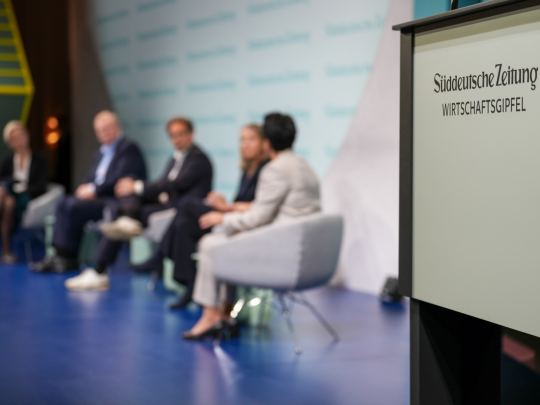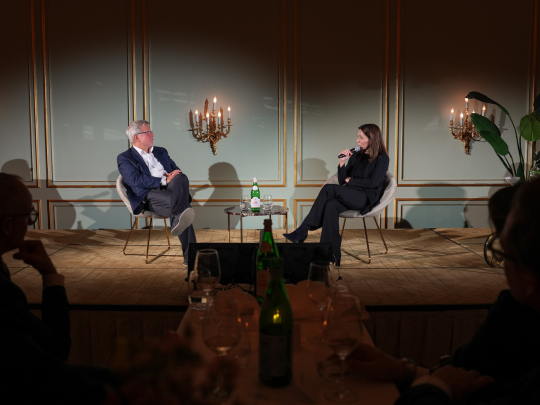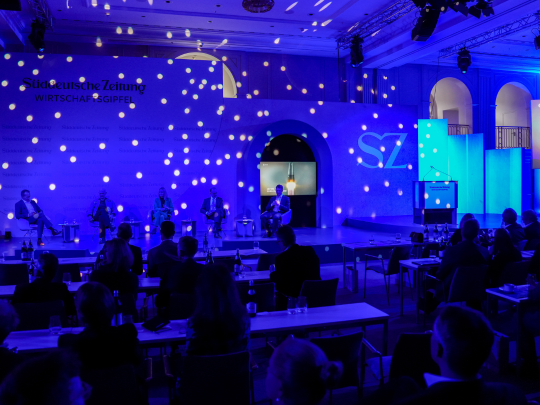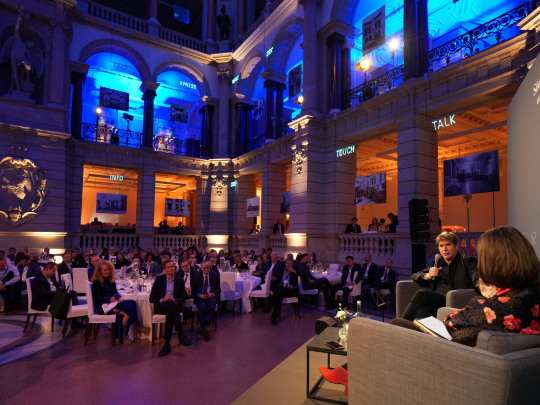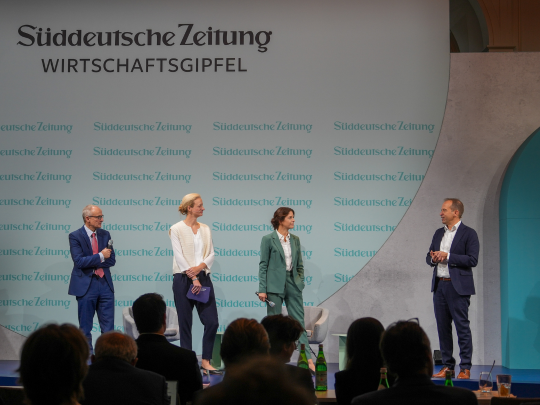SZ Wirtschaftsgipfel
11. bis 13. November 2024
im Hotel Adlon in Berlin und digital
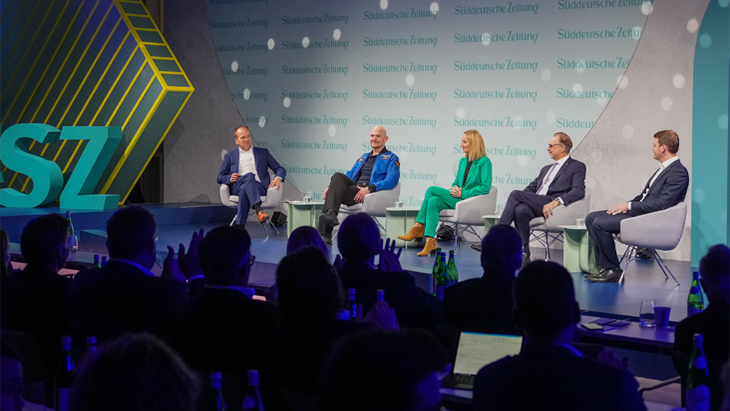
Sichern Sie sich ihr Ticket
für den 18. SZ Wirtschaftsgipfel am 11. bis 13. November 2024.
Informationen
Veranstaltungsort

Hotel Adlon Kempinski Berlin
- Unter den Linden 77
10117 Berlin
Rückblick 2023
Gespaltene Welt, geeintes Europa? – Zeit für einen Neuanfang

Auf unserer Rückblickseite für 2023 finden Sie Highlight-Impressionen und die gesamte Berichterstattung der Süddeutschen Zeitung aus drei Tagen Kongress und zwei Abendveranstaltungen.
SZ-Berichterstattung
Erfahren Sie auf unserer Themenseite rund um den Kongress mehr zu den Berichten, Reportagen und Interviews.
Sprecherinnen und Sprecher 2023
Unsere Gäste
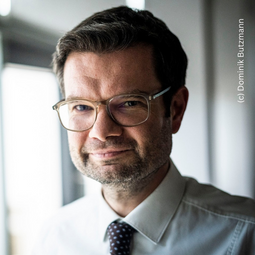
Marco Buschmann
Bundesminister der Justiz
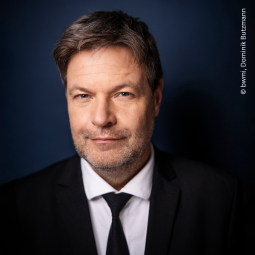
Robert Habeck
Vizekanzler und Bundesminister für Wirtschaft und Klimaschutz
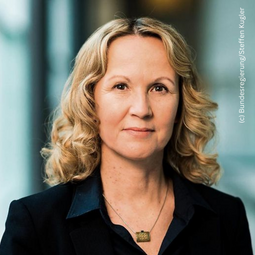
Steffi Lemke
Bundesministerin für Umwelt, Naturschutz, nukleare Sicherheit und Verbraucherschutz
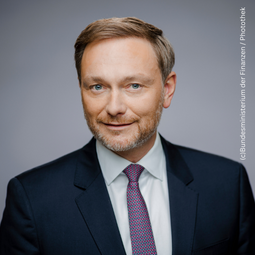
Christian Lindner
Bundesminister für Finanzen
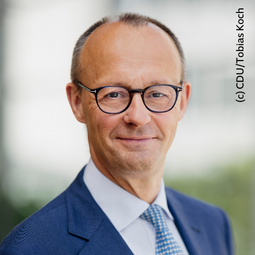
Friedrich Merz
Fraktionsvorsitzender der CDU/CSU-Bundestagsfraktion
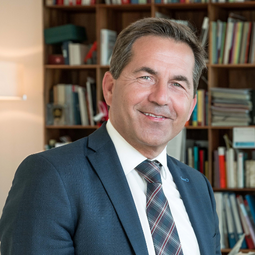
Walter Thurnherr
Bundeskanzler der Schweiz
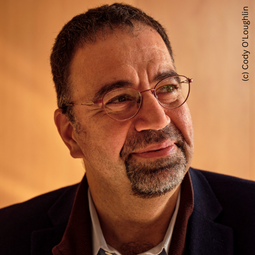
Daron Acemoğlu
Ökonom und Schriftsteller, Massachusetts Institute of Technology

Kenza Ait Si Abbou
Vorstand / Executive Board Member, FIEGE
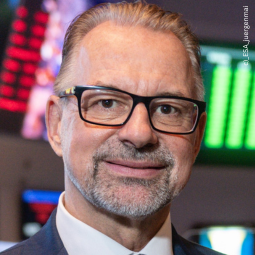
Josef Aschbacher
Generaldirektor, European Space Agency
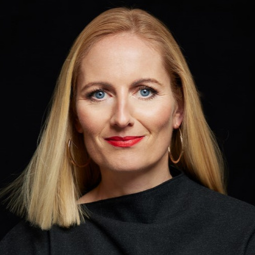
Katrin Bacic
CEO, UNIO Enterprise
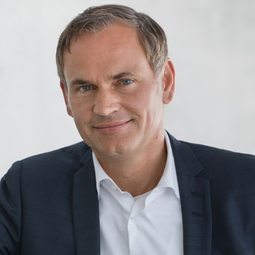
Oliver Blume
Vorstandsvorsitzender, Porsche und Volkswagen
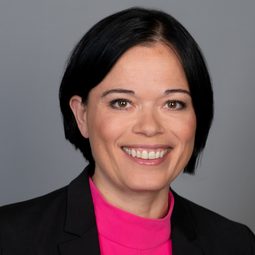
Evelyne de Leersnyder
VP Operations Germany, Denmark and Finland, Coca-Cola
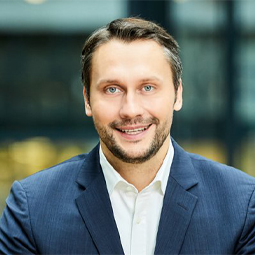
Sergej Epp
Chief Security Officer, Palo Alto Networks

Annahita Esmailzadeh
Head of Costumer Succes, Autorin, Business-Influencerin, Microsoft Business
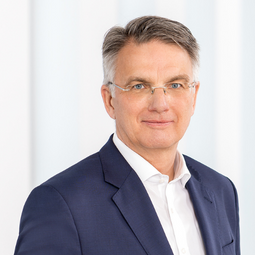
Uwe Fröhlich
Co-Vorstandsvorsitzender, DZ BANK
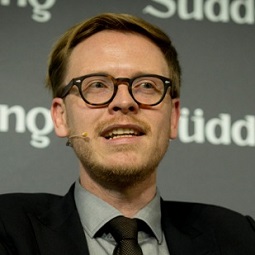
Markus Gabriel
Direktor des IZPH & Leiter des Center for Science and Thought, Universität Bonn; Academic Director von THE NEW INSTITUTE
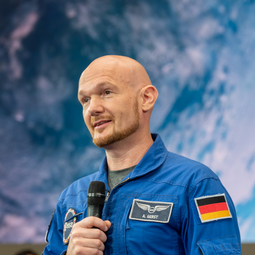
Alexander Gerst
Astronaut und Geophysiker, The European Space Agency
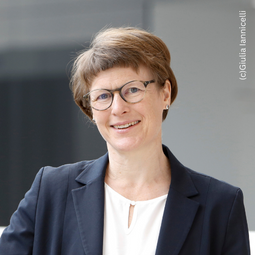
Veronika Grimm
Wirtschaftsweise und Inhaberin des Lehrstuhls für Volkswirtschaftslehre, Friedrich-Alexander-Universität
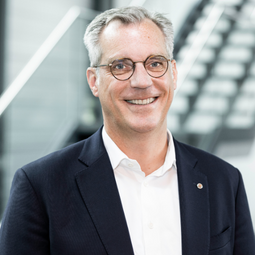
Gunnar Groebler
Vorstandsvorsitzender, Salzgitter AG
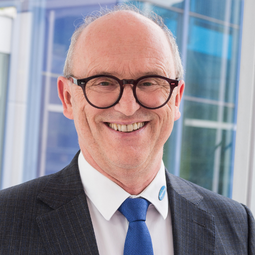
Hans-Georg Hagleitner
Unternehmensinhaber und Geschäftsführer, Hagleitner
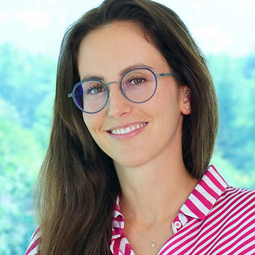
Stefanie Hagleitner
Head of Product Management, Hagleitner
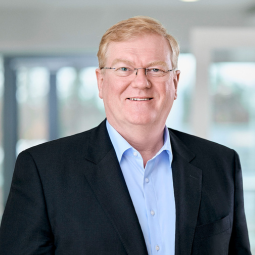
Stefan Hartung
Vorsitzender der Geschäftsführung, Bosch
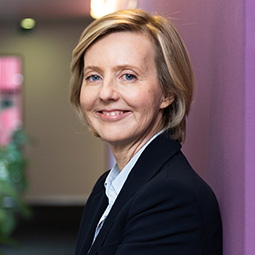
Marianne Janik
Vorsitzende der Geschäftsführung, Microsoft Deutschland
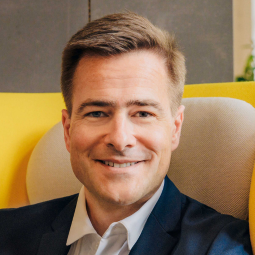
Philipp Justus
VP CE & Country Manager Germany, Google
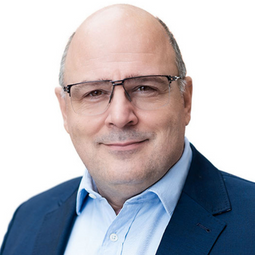
Steffen Kampeter
Hauptgeschäftsführer, Bundesvereinigung der Deutschen Arbeitgeberverbände
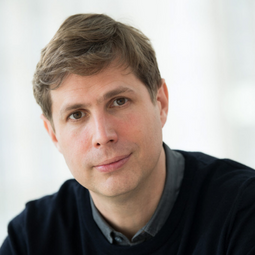
Daniel Kehlmann
Bestsellerautor
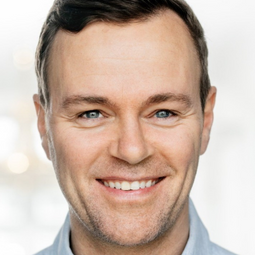
Robert Kilian
CEO, DEKRA/CertifAI
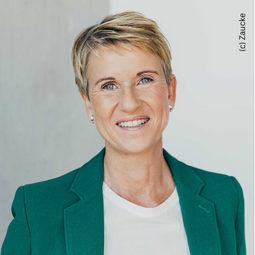
Susanne Klatten
Managing Director, SKion
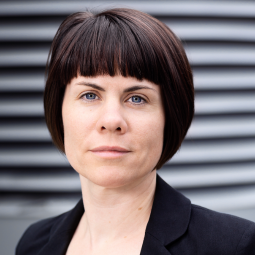
Tina Klüwer
Director AI, Künstliche Intelligenz Entrepreneurship Zentrum
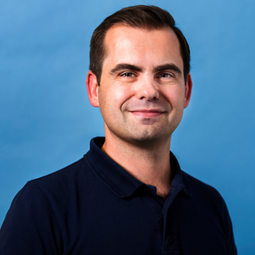
Jaroslaw Kutylowski
CEO, Founder, DeepL
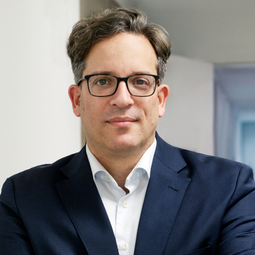
Marc Lakner
Partner and Managing Director, Kearney
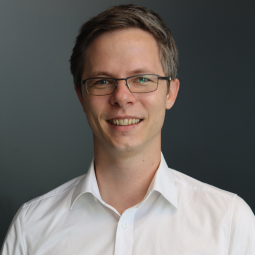
Andreas Liebl
CEO und Gründer, appliedAI Initiative & appliedAI Institute for Europe
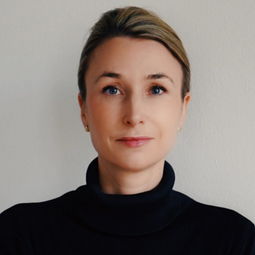
Manon Sarah Littek
Co-Gründerin, Green Generation Fund
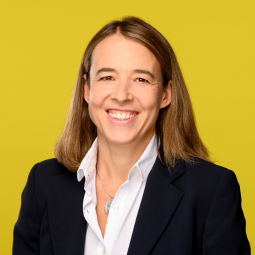
Ulrike Malmendier
Professorin, Departement of Economics, University of California, Berkeley
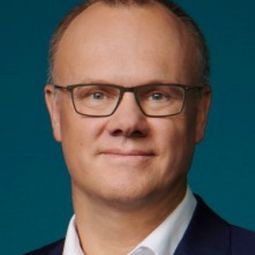
Robert Mayr
Vorstandsvorsitzender, DATEV
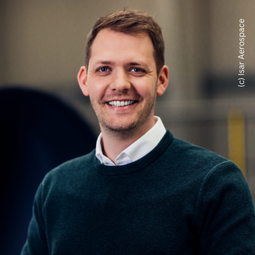
Daniel Metzler
Co-Founder und CEO, Isar Aerospace Technologies
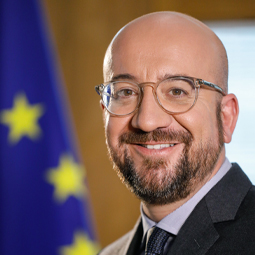
Charles Michel
Präsident des Europäischen Rates
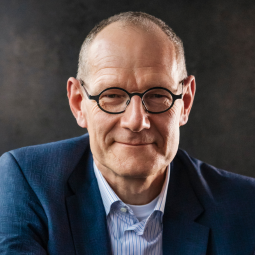
Bernd Montag
Vorstandsvorsitzender, Siemens Healthineers
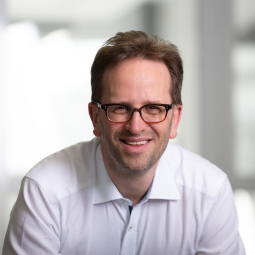
Klaus Müller
Präsident, Bundesnetzagentur
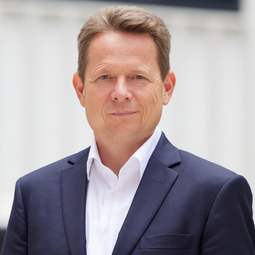
Ralph Müller
COO, ING Deutschland
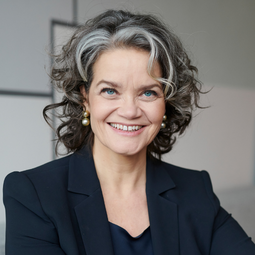
Claudia Nemat
Vorstandsmitglied, Deutsche Telekom
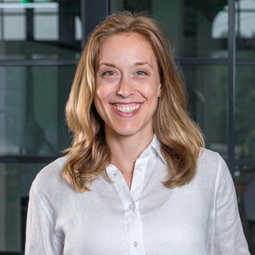
Lara Obst
Co-Founder & Chief Climate Officer, THE CLIMATE CHOICE
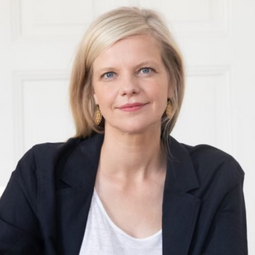
Janka Oertel
Direktorin Asienprogramm, European Council on Foreign Relations
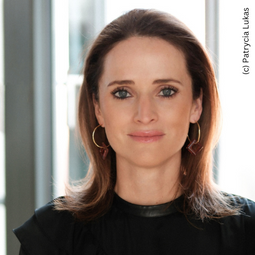
Verena Pausder
Unternehmerin, designierte Vorstandsvorsitzende des Bundesverbands Dt. Startups, Pausder Ventures
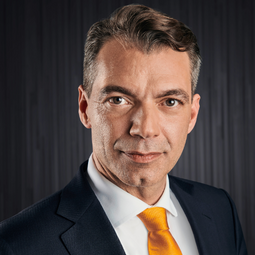
Vinzenz Pflanz
Chief Business Officer & Member of the Management Board, SIXT
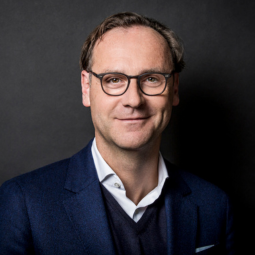
Markus Pflitsch
CEO, Chairman & Founder, Terra Quantum
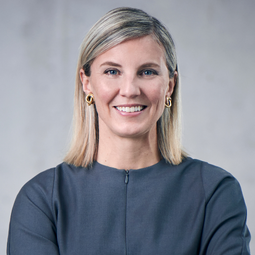
Karin Rådström
Mitglied des Vorstands von Daimler Truck und CEO Mercedes-Benz Trucks, Daimler Truck
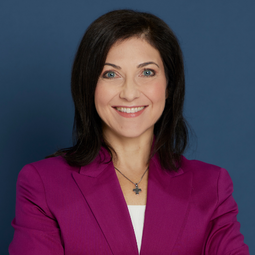
Katherina Reiche
Vorstandsvorsitzende, Westenergie
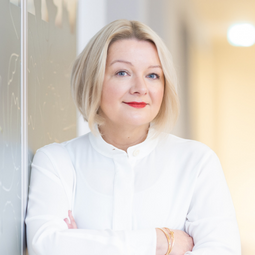
Sybille Reiß
Mitglied des Vorstandes, CPO, TUI Group
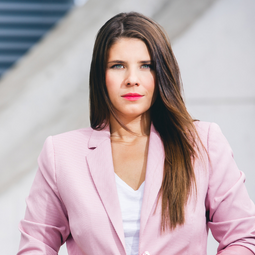
Sarna Röser
Bundesvorsitzende, Die jungen Unternehmer
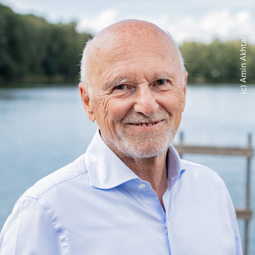
Dirk Roßmann
Gründer, Unternehmer und Schriftsteller, Rossmann
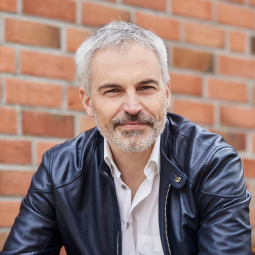
Gerhard Schick
Vorstand, Bürgerbewegung Finanzwende
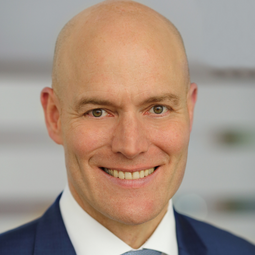
Dirk Schmitz
CEO, BlackRock
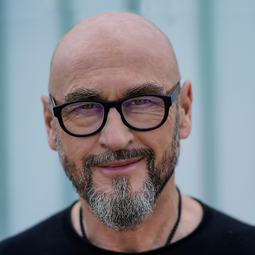
Jochen Schweizer
Aktiver Vorsitzender, Jochen Schweizer Gruppe
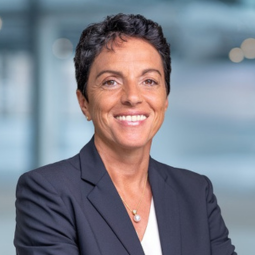
Sabrina Soussan
Chairman & CEO, SUEZ
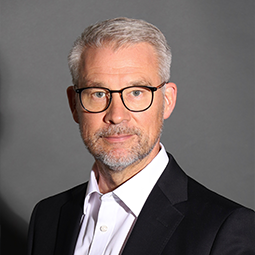
Matthias Spott
Gründer, eightyLEO
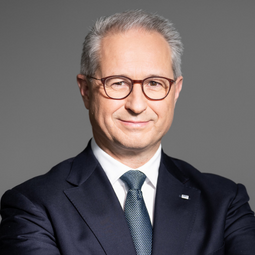
Alfred Stern
CEO, OMV
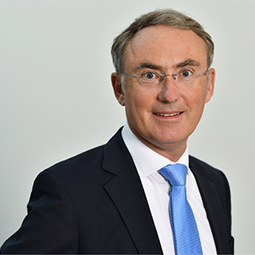
Christoph Straub
Vorstandsvorsitzender, BARMER
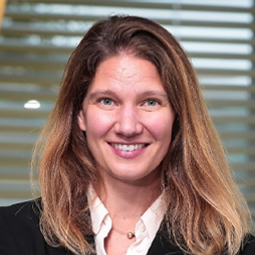
Anna Lena Strigel
Geschäftsführung, Ford-Werke
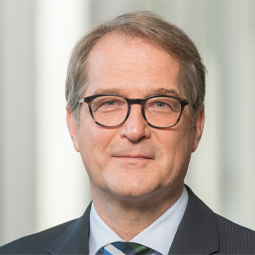
Volker Wieland
Geschäftsführender Direktor, IMFS
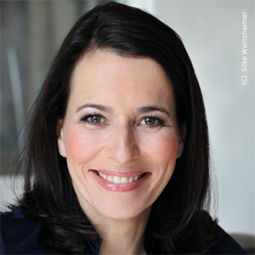
Anne Will
Journalistin und Fernsehmoderatorin
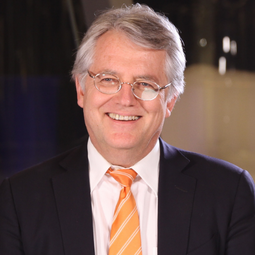
Jörg Wuttke
Mitglied des Beratergremiums, Mercator Institute for China Studies (MERICS)
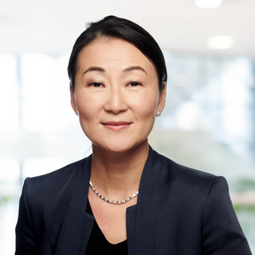
Feiyu Xu
Co-Founder & Chief Innovation officer, nyonic
Moderation
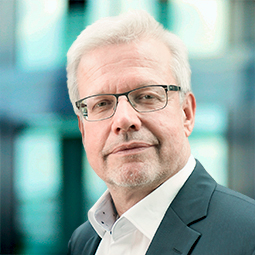
Marc Beise
Auslandskorrespondent Rom; Gründer des SZ-Wirtschaftsgipfels, Süddeutsche Zeitung
Seit 30 Jahren Wirtschaftsjournalist, früher Handelsblatt (Ressortleiter Wirtschaftspolitik), seit 1999 als Leitender Redakteur bei der Süddeutschen Zeitung in München. Von 2007 bis 2022 Leiter der Wirtschaftsredaktion. Zahlreiche Beiträge für Zeitschriften und Bücher, Teilnahme an Fernseh- und Hörfunkrunden, Vorträge, Moderationen.
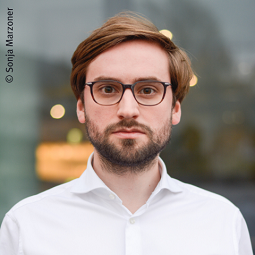
Bastian Brinkmann
Stv. Leiter der Wirtschaftsredaktion, Süddeutsche Zeitung
Geboren 1988 in NRW, aufgewachsen bei Berlin, mit Stationen in Dublin und Brüssel. Kölner Journalistenschule. Studium der VWL und der Politikwissenschaft in Köln und Südkorea.
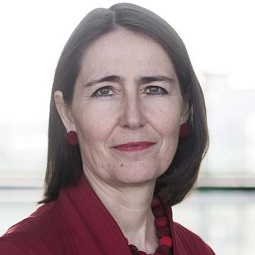
Alexandra Föderl-Schmid
Stellvertretende Chefredakteurin, Süddeutsche Zeitung
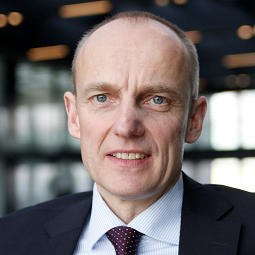
Wolfgang Krach
Chefredakteur, Süddeutsche Zeitung
Jahrgang 1963, kam vom Nachrichten-Magazin „Der Spiegel“ 2003 zur „Süddeutschen Zeitung“, als Geschäftsführender Redakteur und Leiter des Newsdesks. 2007 wurde Krach in die Chefredaktion berufen, zunächst als stellvertretender Chefredakteur. Seit 1. April 2015 ist er Chefredakteur der „Süddeutschen Zeitung“, seit Juli 2020 gemeinsam mit Judith Wittwer.
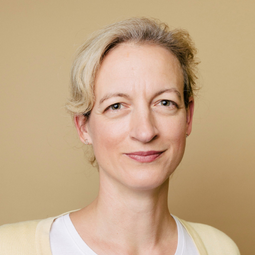
Lisa Nienhaus
Leiterin der Wirtschaftsredaktion, Süddeutsche Zeitung
Geboren 1979 in Oberhausen, Studium der VWL und Politik in Köln und Stockholm, parallel Besuch der Kölner Journalistenschule. 10 Jahre Wirtschaftsredakteurin bei der „Frankfurter Allgemeinen Sonntagszeitung“, danach Wechsel zur Zeit als stellvertretende Leiterin des Wirtschaftsressorts und Leiterin des Frankfurter Büros. Seit Herbst 2022 leitet sie das SZ-Wirtschaftsressort.
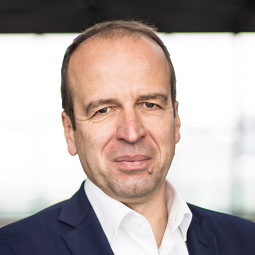
Ulrich Schäfer
Stv. Chefredakteur, Süddeutsche Zeitung
Nach sieben Jahren beim Spiegel berichtete er von 2003 an zunächst als stellvertretender Leiter des SZ-Parlamentsbüros aus Berlin. Seit 2007 leitete er neun Jahre die Wirtschaftsredaktion, drei Jahre das Ressort München, Region und Bayern und baute als Nachrichtenchef den neuen Newsdesk der SZ auf.
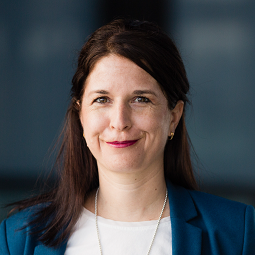
Judith Wittwer
Chefredakteurin, Süddeutsche Zeitung
Jahrgang 1977, führt seit Sommer 2020 gemeinsam mit Wolfgang Krach die Redaktion der Süddeutschen Zeitung. Zuvor war sie als Wirtschaftsredakteurin für die Handelszeitung von Axel Springer in Zürich, bevor sie als Nachrichtenchefin und CvD zum Tages-Anzeiger zurückkehrte und ab 2016 der Chefredaktion angehörte, ab 2018 dann als Chefredakteurin.
Spannende Einblicke zum Kongress
Werden Sie unser Partner 2024!
Werden Sie unser Partner! Profitieren Sie als Partner des SZ Wirtschaftsgipfel von Reichweite, Kontext und unserem Netzwerk.
Von 2007 bis heute
Auf dem Podium diskutieren jedes Jahr über 60 Spitzenkräfte aus Wirtschaft, Politik, Kultur, Wissenschaft und Sport. Hier finden Sie alle Referenten, die seit 2007 auf Deutschlands großem Wirtschaftskongress gesprochen haben.

